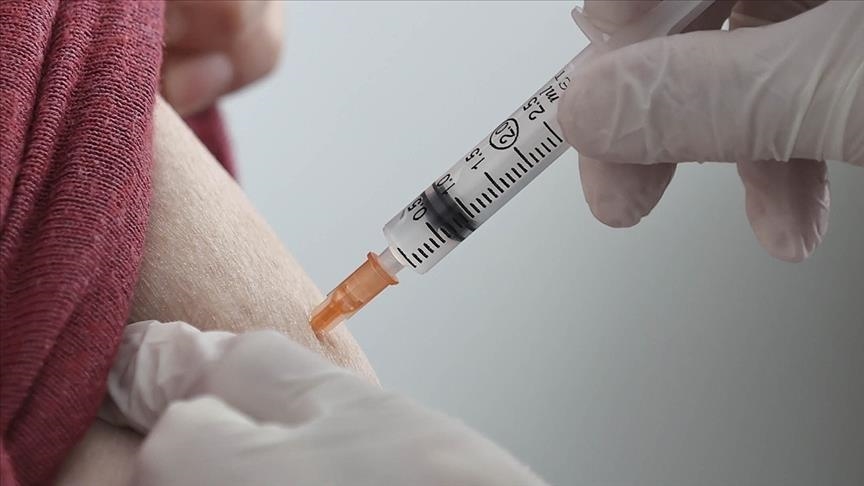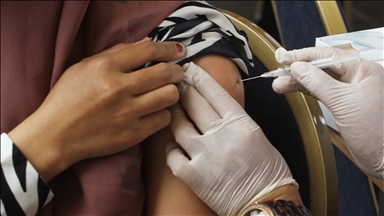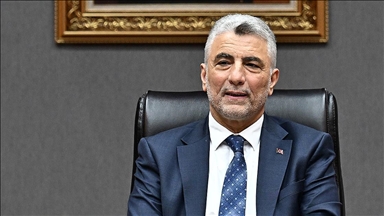Vaccines change outlook for African economies
Positive outlook also attributed to holiday, travel expenditure, says UN expert

KIGALI, Rwanda
This year looks positive for African economies, compared to the devastating impact of the COVID-19 pandemic in 2020, an expert said Thursday at the ongoing virtual conference of African Ministers of Finance discussing recovery.
“The positive outlook is attributable mainly to the availability of vaccines and improved economic activity in the 4th quarter of 2020, holiday and travel expenditure,” said Hopestone Kayiska Chavula, in charge of the macroeconomic analysis at the United Nations Economic Commission for Africa (ECA).
The ministerial meeting that runs from March 17 through 23 is being held under the theme Africa's Sustainable Industrialization and Diversification in the Digital Era in the Context of COVID-19.
Chavula said intra-Africa trade is expected to increase with the implementation of the African Continental Free Trade Area.
He, however, underlined that the second wave of infections, expansionary fiscal measures, and rising debt levels could pose risks to growth in many African countries.
Climate risk
Chavula cited climate change risks, particularly the high risk of extreme weather conditions, among other factors which could also undermine economic growth.
He noted that much of the progress achieved in recent years in different sectors such as education, health, and poverty eradication has been halted or reversed by the COVID-19 pandemic.
Chavula, meanwhile, said accommodative monetary policies have been maintained to cushion the negative effects of the pandemic on economic activity despite inflationary pressure in some countries.
Poverty and health crisis
Roughly between 49 million and 161 million people will fall into deep poverty as a result of the health crisis, while Africa's GDP is estimated to have contracted in 2020 despite a recovery in the 3rd and 4th quarters of the year, according to ECA.
Fiscal deficits have widened due to increased government expenditures to contain the spread of the pandemic, with many more African countries at risk of debt distress as a result, it said.
Real GDP growth remained subdued on the continent, attributable to the downside risks associated with the second wave of infections, lower commodity prices, and significant fiscal risks as well as conflicts in some countries.
Tesfaye Yilma Sabo, permanent representative of Ethiopia to the African Union and ECA, said the continent had made a robust effort to reduce the socio-economic impact of the pandemic through global partners.
Also to be discussed is Africa’s debt management and innovative finance for fiscal sustainability, the role of the private sector, and vaccine financing.
The cost of vaccinating 60% of the African population will be between $10 billion-$15 billion – covering the purchase and the rollout of vaccination programs, according to the Africa CDC, the health agency of the African Union.
The continent needs about 1.5 billion doses to be able to use a double shot regime.
Anadolu Agency website contains only a portion of the news stories offered to subscribers in the AA News Broadcasting System (HAS), and in summarized form. Please contact us for subscription options.






